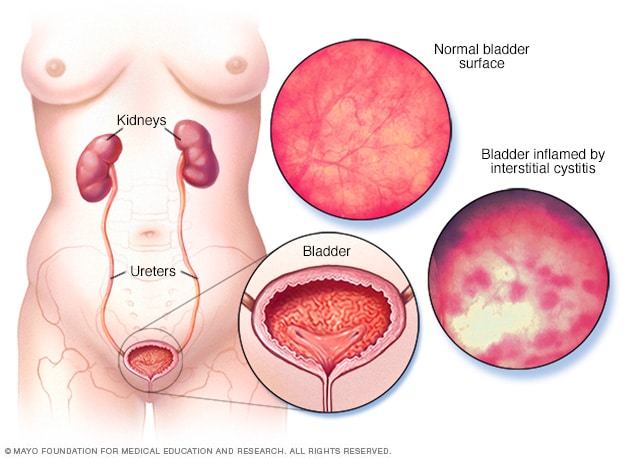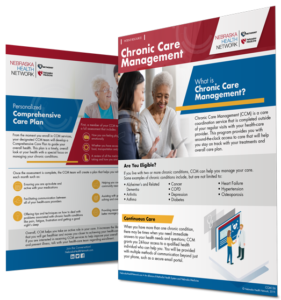Recent research suggests that many cases of chronic UTIs and in fact interstitial cystitis may be down to infections having taken hold in the bladder by entering the bladder wall cells andor hiding under biofilm structures. A chronic urinary tract infection is an ongoing or recurring infection of the urinary tract.
Chronic Urinary Tract Infections Utis And Why They Can Be So Hard To Get Diagnosed And Effectively Treated Holistic Health
More on that later.

Chronic bladder infection. The infection may recur because the tract gets re-infected or because treatment did not clear the. A human urinary tract consists of. A burning sensation while urinating.
Coli are carried from the rectum to the vagina they can enter the urethra the tube that carries urine from the bladder and infect the bladder. The implications of relapse versus reinfection are important for diagnosis and management of recurrent UTI. The infections are usually caused by Escherichia coli a bacterium that lives in the intestinal system.
Read about how and why chronic UTI develops. The great news is. While urinary tract infections are common some women suffer from repeated or recurrent infections also known as a recurrent bladder infection or cystitis.
Chronic UTIs develop when acute infections are left undiagnosed untreated or fail to get better with standard treatments. Chronic UTI often starts when a simple infection is left untreated or fails to get better with standard treatments. A bladder infection is a type of urinary tract infection UTI.
A chronic UTI is a bacterial infection of the urinary tract that keeps coming back or never goes away. If these bacteria gain entry into the bladder and begin to grow an infection can occur resulting in the symptoms of a UTI. Chronic cystitis is a long-lasting inflammation of the bladder.
3 Interstitial cystitis IC Is a chronic bladder health issue. For many females the cycle of acute and symptom-free periods is never broken and some move on to be diagnosed with the conditions mentioned above such as Interstitial Cystitis IC or Painful Bladder Syndrome PBS. Most cases of bladder.
A chronic urinary tract infection is a repeated or prolonged bacterial infection of the bladder or urethra the tube that carries urine from the bladder out of the body. This refers to an infection anywhere in the urinary tract such as the bladder kidneys ureters or urethra. The bladder acts as a storage area for urine once its been made by the kidneys.
Bloody or dark urine. A persistent bladder infection can last for years in the form of a chronic urinary tract infection. Relapses are defined as UTI recurrence of the same species and serologic strain of microorganisms within several weeks of withdrawal of therapy.
The kidneys where the urine is produced. Risk factors for UTI vary with age. These treatments will place less reliance on antibiotics something that will.
Along with this pain are lower urinary tract symptoms which have lasted for more than 6 weeks without having an infection or other clear causes. There are 2 major types of UTI recurrence. As cells in the bladder wall are shed during the course of a natural life cycle the dormant bacteria is released re-activating the infection.
The symptoms of a chronic UTI affecting your bladder include. The cause of cystitis is typically a urinary tract infection UTI when bacteria enter the bladder. Although the bladder is sterile and free of bacteria the external genital area contains a large amount of germs.
The bladder wall completely regenerates over a period. This allows the pathogens to evade antibiotics and indeed testing. Needing to pee all the time pain when you pee passing tiny amounts of urine bladder and urethral pain pain in your belly back and legs difficulty passing urine problems with incontinence.
It is a feeling of pain and pressure in the bladder area. Future treatments for chronic urinary infections New in-bladder treatments to penetrate the bladder wall and eradicate embedded or biofilm infections are currently in research development.


